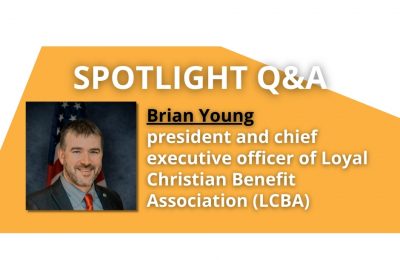Angela Zaydon is the Association’s state government relations representative in Harrisburg and is responsible for developing state legislative priorities and strategies; encouraging membership grassroots activities; and lobbying on behalf of a pro-growth, pro-business agenda. She earned her Juris Doctor from Widener University School of Law and political science degree from Canisius College. To discuss any legislative issues or for a legislative or regulatory update, contact her at 814/460-3136 or email azaydon@mbausa.org.
This year’s state budget process had more twists and turns than a Waldameer roller coaster.
By spending money last fiscal year (roughly $700 million) that never came in, combined with wanting to spend more this fiscal year than is projected to come in, led us to a $2.2 billion budget gap that, as of publication date, has yet to be filled.
Most proposals to balance the budget included highly publicized taxes, such as an additional severance tax on natural gas development or a new gross receipts tax on consumers of natural gas — both of which would cost jobs, hurt families and penalize consumers.
As detrimental as these tax proposals would be, equally concerning is an obscure tax that was hastily slid in without many even knowing what it is or what the resulting implications would be. It is called the virtual financial transactions (VFT) tax. Unless you’re in the electric generation industry, most businesses have likely never heard of this tax, but your wallet would feel it if enacted.
What is the VFT Tax Proposal?
The proposed VFT tax would levy a 5-percent tax on buying and selling wholesale electricity within the 14-state PJM region. PJM is the Valley Forge, Pennsylvania-based regional transmission organization that coordinates movement of wholesale electricity in 13 states (Delaware, Illinois, Indiana, Kentucky, Maryland, Michigan, New Jersey, North Carolina, Ohio, Pennsylvania, Tennessee, Virginia, West Virginia and the District of Columbia).
However, this is not just a tax on electricity generators and traders, but something that could hit all consumers served by the Northeast grid. Businesses are tax conduits, not taxpayers; goods and services include the costs of taxes and regulation. Ultimately, the buyer always pays.
See the full article at https://issuu.com/mbabusinessmagazine/docs/businessmagazinedecember2017/24.













